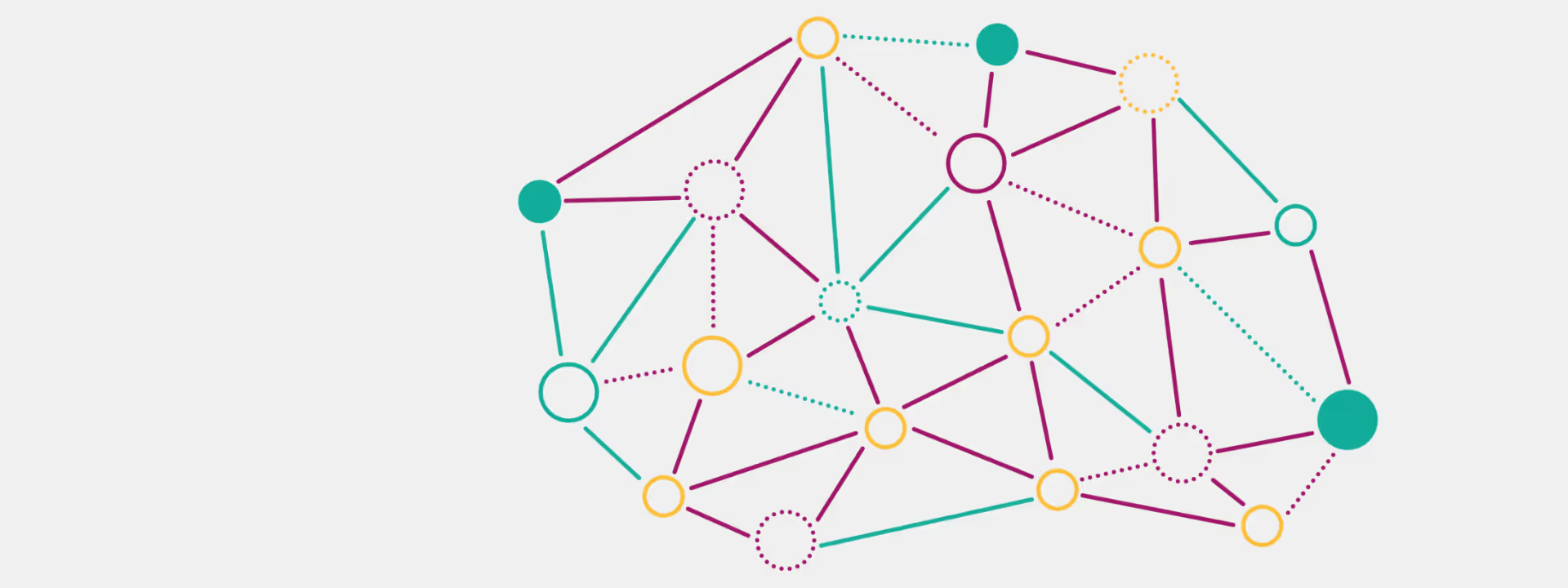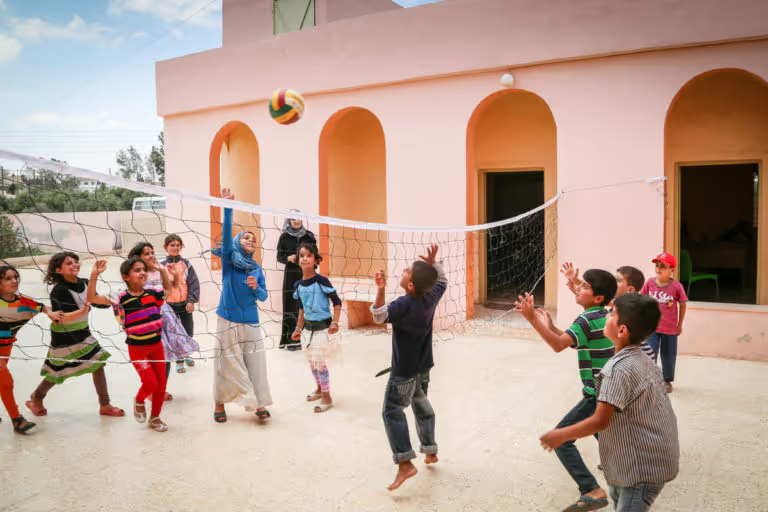Review and assessment of Mental Health and Psychosocial Support intervention research in humanitarian settings

This review, comprising a literature review and consultation, assesses mental health and psychosocial support (MHPSS) research generated since 2010. Its purpose is to analyse the extent to which evidence generated over the last 10 years has:
- contributed to the public health evidence base
- influenced programming and policy in humanitarian settings
- advanced the research agenda.

The review finds that over the past decade, the body of relevant MHPSS research has increased significantly. Despite some changes in global policy, instrumental change in policies at the level of national governments in countries affected by humanitarian crises were rarely reported however. The review also found that MHPSS practitioners are not highly engaged with global research and research findings generated in country settings beyond their own.
To ensure that research over the next ten years has a positive impact on MHPSS programmes and policies, and benefits people affected by crisis, the report recommends that the MHPSS research community could:
- Support practitioner-researcher collaborations
- Invest in knowledge brokering competencies for researchers
- Strengthen platforms and networks that foster learning and collaboration, and provide country level practitioners better access to ‘translated’ research,
- Provide flexible/long-term funding for these activities.
The full report also includes an assessment of the contributions of research studies funded by the Research for Health in Humanitarian Crisis (R2HC) programme. This review was conducted by Anthrologica and the MHPSS Collaborative, and commissioned by Elrha.